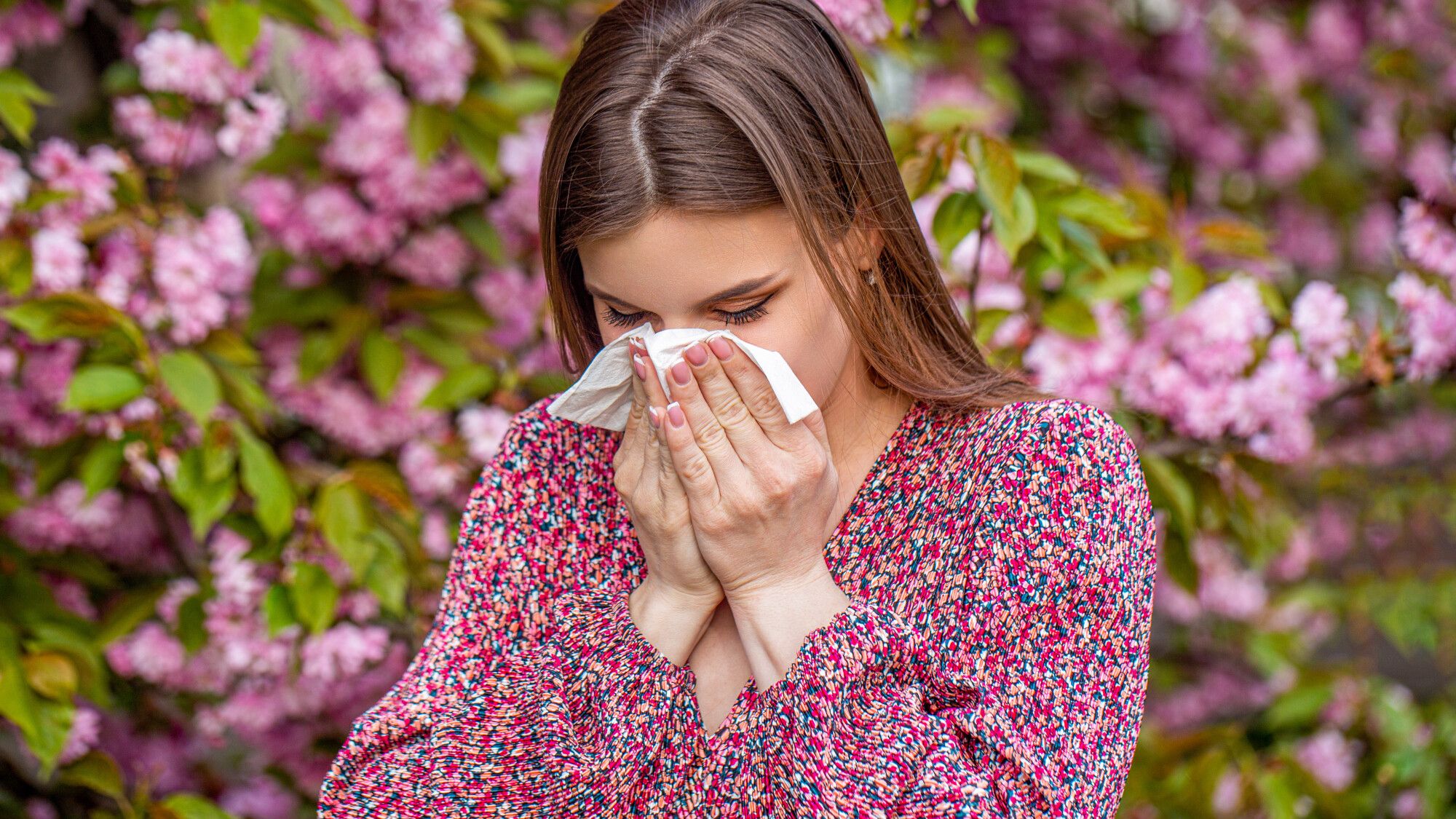What is an allergy?
I often compare allergies to a “bug” in the body. The immune system sees a protein arriving inside the body which it recognizes as foreign, and which it therefore considers as an aggressor. This results in an inflammatory immune response, which is an allergic reaction.
What are the possible allergies?
All proteins that are external to our body, that is to say that our body has not manufactured, are potentially allergenic. So everything we eat can cause allergies, for example. There are products that are more allergenic than others, but you can be allergic to anything and everything as long as it is a protein.
Are there any particularly allergenic products?
Of course: pollen, peanuts, strawberries, cow's milk proteins, and many more. There is also kiwi: we know that when we introduce food to infants, we must be very careful if it is kiwi, because it is a product that can be much more allergenic than other products. 'others. We must not forget antibiotics and medications, all of which potentially cause serious allergies, so these are products that we must be careful about. But it also depends on each person's sensitivity.
At what age can you report allergies? Are there periods in life that are auspicious?
Unfortunately, we are never at peace! It's important to keep in mind that you can become allergic to a protein or product that you have tolerated your entire life. During the periods which are the most at risk, there is dietary diversification for the baby. This is a period when new foods are introduced to a child who previously only drank milk. Obviously, new proteins will enter his body every day, so he has a greater chance of becoming allergic at that time.
Some parents choose to do this little by little. Are they right to be cautious?
There are recommendations regarding the introduction of new foods. You should always introduce a new food alone, because if there is a reaction, you will know which food caused it. It is also recommended to introduce a new food two to three times before considering that it has been introduced well and that there are no allergies, because you never become allergic at first contact. We always develop an allergy from the second contact with the protein.
Do we know why the number of people with allergies is increasing?
I live in the south of France, in Provence, and there was an advance in the cypress season, because the weather was nice quite early. There were therefore consultations for allergies from January onwards. We strongly question two things: our habits and lifestyle, as well as our environment. We particularly mention exposure to pollution, whether it is respiratory pollution or pollution within one's home with chemicals that may be contained in laundry, for example. When we are exposed at a very young age to these products which can be irritating or even allergenic, this can trigger a greater susceptibility to allergic reactions.
Coming back to pollen allergies, is there a prevention method that exists for this type of allergy? We sometimes talk about desensitization, is that part of the curative methods?
For allergies, the treatment is simply to avoid being in contact with the allergen. The difficulty with pollen is that it is present in the air, so we cannot always avoid exposure. Above all, you have to use common sense. Desensitization is an interesting technique and could be compared to that of Mithridates who regularly took small amounts of poison to accustom his body to this product and become insensitive to it. For desensitization, if I know that I am allergic to cypress pollen for example, I will administer small quantities over a prolonged period to show my body that it is not a dangerous protein.
Read also > Allergies: how to become desensitized to pollen and other allergens?
Are allergies hereditary?
There is no direct transmission as with eye color for example, but there are allergic areas. That is to say, we can have an environment and genetics that predispose us to having certain types of pathologies. We talk about atopy: for example, if many people have eczema in their family, it is necessarily a condition that predisposes them to being allergic.
I'm allergic to my mascara that I've been using for years. Are there any beauty products you may be allergic to?
Of course, but we can sometimes confuse allergies with reactions that are not allergic. There are irritation, hypersensitization and skin reactions, which are not of the order of allergy. We can have reactions to products that do not have proteins. But it is not necessarily necessary to differentiate, because the treatment will be the same.

